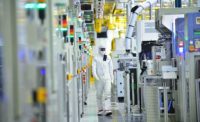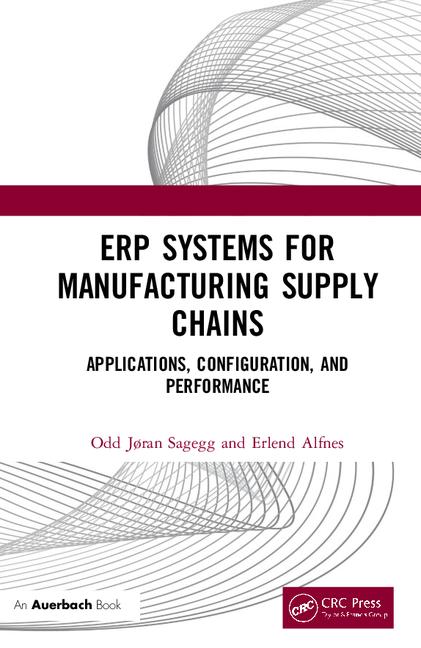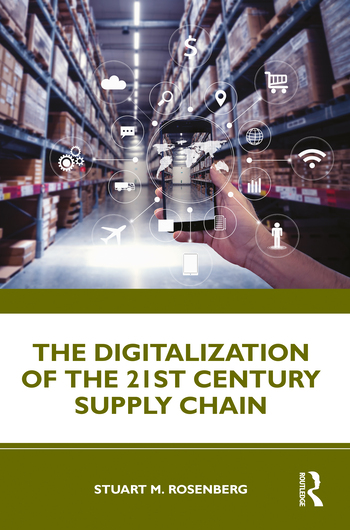If there’s a silver lining to the COVID pandemic, it might be that it encourages U.S. manufacturers to consider reshoring. Last year’s shortages of personal protective equipment, ventilators, pharmaceutical ingredients and other medical products opened a lot of eyes in board rooms and in Washington.
In February, President Biden issued an executive order requiring his administration to review critical supply chains with the aim of bolstering American manufacturing of semiconductors, pharmaceuticals and other technologies.
In remarks at the White House, the president cast the move as an important step toward creating well-paying jobs and making the economy more resilient in the face of geopolitical threats, pandemics and climate change.
“This is about making sure the United States can meet every challenge we face in the new era,” he says.
Specifically, the president ordered yearlong reviews of six sectors: defense, public health, information technology, energy, transportation and agricultural products. He also ordered 100-day reviews of four classes of products where American manufacturers rely on imports: semiconductors, high-capacity batteries, pharmaceuticals and their active ingredients, and critical minerals and strategic materials, like rare earths.
Additional actions to strengthen those supply chains would depend on the vulnerabilities that are identified.
“We are going to get out of the business of reacting to supply chain crises as they arise and get into the business of preventing future supply chain problems,” says Peter Harrell, the White House’s senior director for international economics and competitiveness.
The executive order did not target imports from any specific country, but it is being viewed as an early salvo in the administration’s economic battle with China. Beijing’s dominance of global supply chains for raw materials and critical products like medical masks has prompted concerns that its authoritarian government could cut off the United States, causing even bigger economic disruptions. Indeed, early in the coronavirus pandemic, China diverted exports of masks and protective gear to its local governments and hospitals, leaving foreign purchasers empty-handed. Along with India, China is also a major source for the active ingredients that go into making vital drugs, including antibiotics and pain medicines. China has also periodically moved to ban exports of rare earth minerals, which are crucial for making electric vehicles, electronics, fighter jets and weaponry.
Manufacturers were quick to voice their support.
“Manufacturers have led the nation’s response to COVID-19 by ramping up production of critical supplies, developing treatments and vaccines, and continuing to produce the essentials for daily life. But the pandemic has also exposed serious challenges facing supply chains and the serious consequences when they are disrupted. We are encouraged to see that the Biden administration is taking action to address these challenges,” says Jay Timmons, president and CEO of the National Association of Manufacturers (NAM).
“The administration’s goal of increasing manufacturing investment in the United States is one we share,” he continues. “And their focus on key sectors, like the pharmaceutical [industry], will help us emerge stronger from this crisis. We look forward to working with the Biden administration to bolster supply chains and create new job opportunities in America.”
“The IPC commends President Biden for ordering a review of industrial supply chains critical to U.S. economic growth, innovation and security,” adds John Mitchell, president and CEO of IPC, a trade group representing U.S. electronics assemblers. “The U.S. printed circuit board industry, which once accounted for more than 30 percent of global production, today accounts for less than 5 percent. Only four of the top 20 electronics manufacturing services companies are based in the United States.”
Alas, we’ve heard this tune before. The COVID pandemic is not the first global crisis we’ve faced, and President Biden is hardly the first president to express support for domestic manufacturing. Let’s hope this time, actions speak louder than words.







